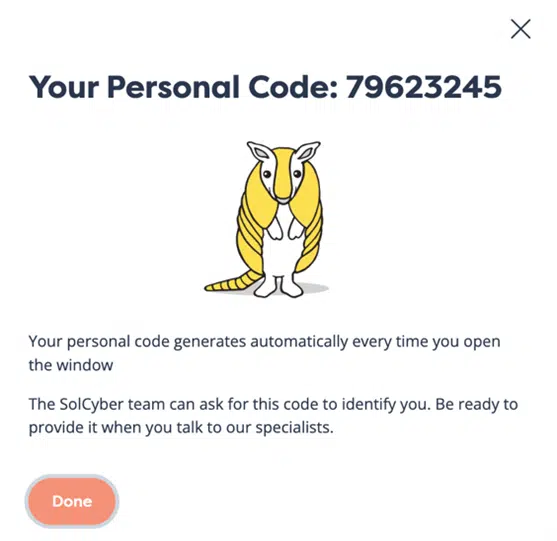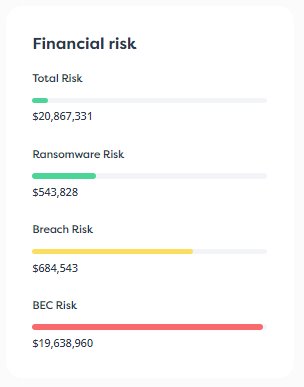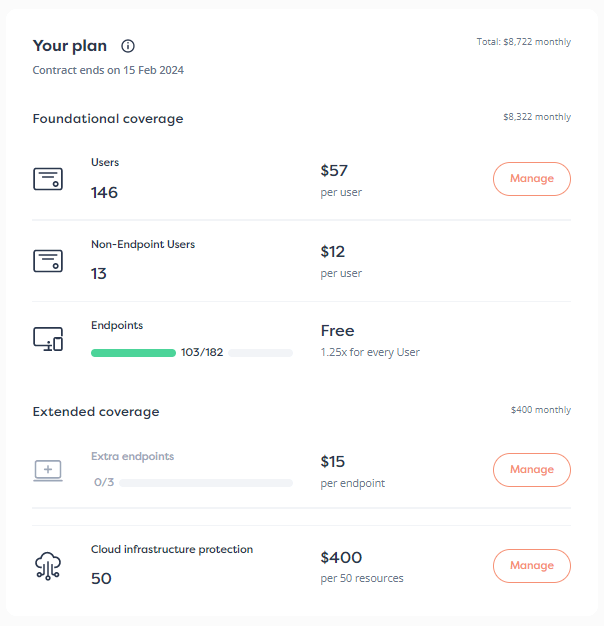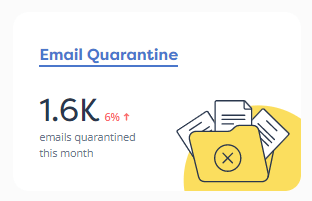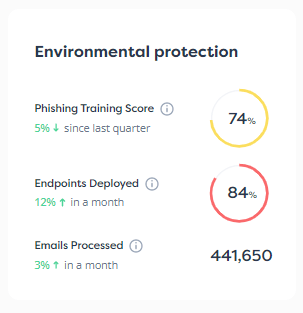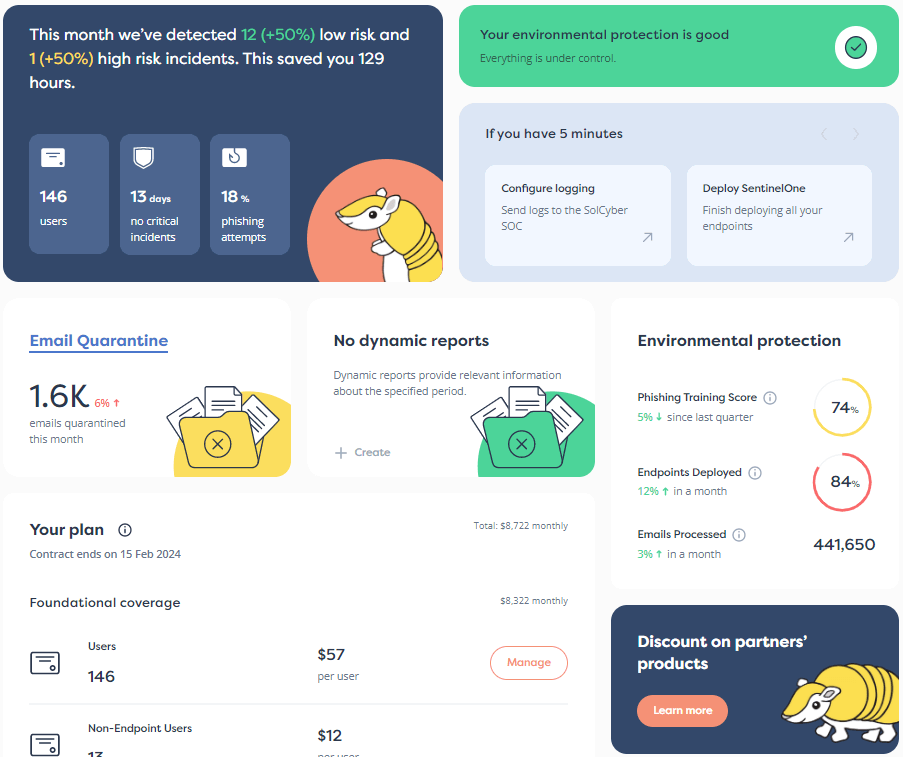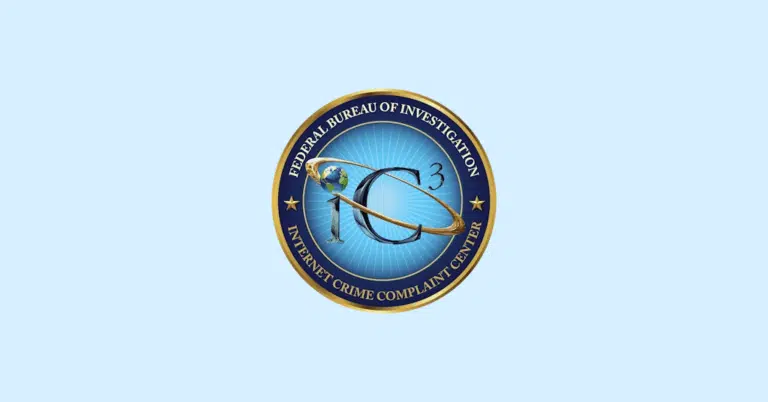

In an unpleasant irony, the website IC3.GOV, which is the right place to report internet scams, has issued a warning about scammers posing as IC3.
IC3 is a convenient shorthand for the Internet Crime Complaint Center, and it is a useful online resource that has existed for many years.
As the FBI explains:
Complainants report [that] initial contact from the scammers can vary. Some individuals received an email or a phone call, while others were approached via social media or forums. Almost all complainants indicated the scammers claimed to have recovered the victim’s lost funds or offered to assist in recovering funds. However, the claim is a ruse to revictimize those who have already lost money to scams.
The FBI also warns that victims will often be targeted indirectly, giving the scam an air of believability that a direct approach might lack.
For example, fake social media accounts will join an online fraud victims’ support group and win the trust of the members by pretending to be fraud victims themselves, all the while talking up the great work of the entirely legitimate website IC3.
The operators of these fake accounts will then spin stories about how [made up name] at IC3 helped them recover their stolen funds, and recommend that other victims make contact with [made-up name], too.
This leads the victims to feel that they are not being targeted by scammers, because they unwittingly reached out to the scammers of their own accord, rather than directly receiving unsolicited contact from someone they didn’t know.
If someone gets hold of you and claims to be from IC3, or claims to know someone at IC3 who can “help” you, or words to that effect, then hang up/delete the message/cut them off at once.
Don’t say another word, and never contact them back with details they gave you, whether that’s a website name, an email address, a phone number, or an online messaging account.
If you want to contact the IC3, the only information you need is the website name IC3.GOV, specially chosen to be easy to remember. (Scammers can buy up website names ending .com and many others, but not .gov.)
It’s exactly the same if someone says they’re from the police, the council, the tax office, the bank, or some other apparently legitimate source, and then starts pitching you with a story about how you owe them money, can save money, can earn money, should give them money, or can get money refunded through them.
They may be wheedling, coercive, threatening, schmoozy, aggressive, believable, helpful, scary, friendly․․․ but that doesn’t matter.
What matters is this: They’re scamming you!
If you really feel the need to talk to the organization they claim to represent, always find your own way to contact that organization, based on information you already have, such as a phone number on the back of your payment card, an original contract, or an old printed invoice.
Never contact them back at the number or online address they gave you “to see if they are genuine.”
They will simply tell you that they are, which obviously proves nothing!
By the way, if you do find yourself being approached by IC3 scammers, don’t forget to report them to the real IC3, to help the FBI track the scale and the evolving nature of these crimes.
Just type HTTPS://IC3.GOV into your browser’s address bar yourself, to make sure you send your report to the right place.
If you have friends or family whom you think might be vulnerable to this sort of scam, make sure they know to contact you first, instead of talking to the criminals, and do your best to fulfil the motto, “Friends don’t let friends get scammed.”
Remember the simple rule, IF IN DOUBT, DON’T GIVE IT OUT.
Learn more about our mobile security solution that goes beyond traditional MDM (mobile device management) software, and offers active on-device protection that’s more like the EDR (endpoint detection and response) tools you are used to on laptops, desktops and servers:
Paul Ducklin is a respected expert with more than 30 years of experience as a programmer, reverser, researcher and educator in the cybersecurity industry. Duck, as he is known, is also a globally respected writer, presenter and podcaster with an unmatched knack for explaining even the most complex technical issues in plain English. Read, learn, enjoy!
Featured image of swooping candle flame by Mahdi Bafande via Unsplash.


By subscribing you agree to our Privacy Policy and provide consent to receive updates from our company.

